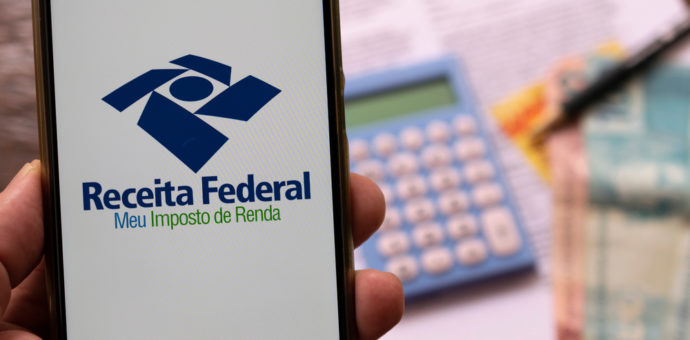Those who traded with cryptoassets in 2020 must declare them (provided they fit specific requirements) in their income tax. However, according to expert accountant Ana Paula Rabello, in some cases, the cryptocurrency declaration is a “herculean” task.
“National exchanges must report monthly to the IRS all transactions made by their customers, regardless of the traded amount. However, this obligation has been systematically broken, which makes it difficult to make the tax reporting”, she explains.
Check when it is mandatory to declare and what to do without the financial statements
According to Ana Paula, there are three tax obligations for individuals domiciled in Brazil who operate with cryptoassets:
- report transactions to the IRS when, in the previous month, there have been transactions exceeding R$ 30.000,00 in foreign exchanges or through peer to peer;
- collect capital gain tax whenever, in the previous month, it has sold an amount greater than R$ 35.000,00;
- Declare, annually, cryptoassets in the Declaration of Individual Income Tax (DIRPF), if it had been acquired, until December 31 of the previous year, assets of any nature exceeding the amount of R$ 5.000,00.
“The first obligation excludes operations on national exchanges precisely because these companies already need to report the transactions to the IRS, as provided for by Normative Instruction 1.888”, said the expert.
In cases where there are difficulties in making the declaration, Ana Paula advises taxpayers to meet the required delivery time and rectify it later on. “It is possible to make the rectification statement with ease, but it is worth paying attention to one detail: it is only possible to rectify before any inspection procedure is started”, she warns.
Hard-to-understand financial statements reports hinder those who want to make the cryptocurrency tax reporting
Ana Paula says that, on the eve of the income tax return deadline, many investors are still struggling to get the financial statements from the exchanges. “We’re talking about technology companies, right? So how do we justify that a company in this sector cannot issue a file in CSV format, for example? In addition, most of them have statements with some bug or missing information – discrepant rate, omission of date or operation”, she says.
According to her, the exchanges need to invest in good practices and improve their services. “A minimally effective statement should contain not only all the necessary information but also be presented in an unmistakable, clear, and organized way. It should be comprehensible to any user who needs to identify and contextualize their transactions”, she says. The accountant partnered with the Public Prosecutor Alexandre Senra, and published on her page (Declaring Bitcoin) a detailed article on the duty of exchanges to provide information. She also suggests that these companies should improve their actions and way of communicating with customers.
Alexandre warns that the exchange client is also a consumer (Law 8.078/90, art. 2) and holder of personal data processed by the company (Law 13.709/18, art. 5, V). “Both conditions guarantee the right to clear, accurate and accessible information”, he said.







